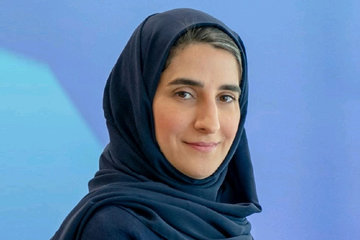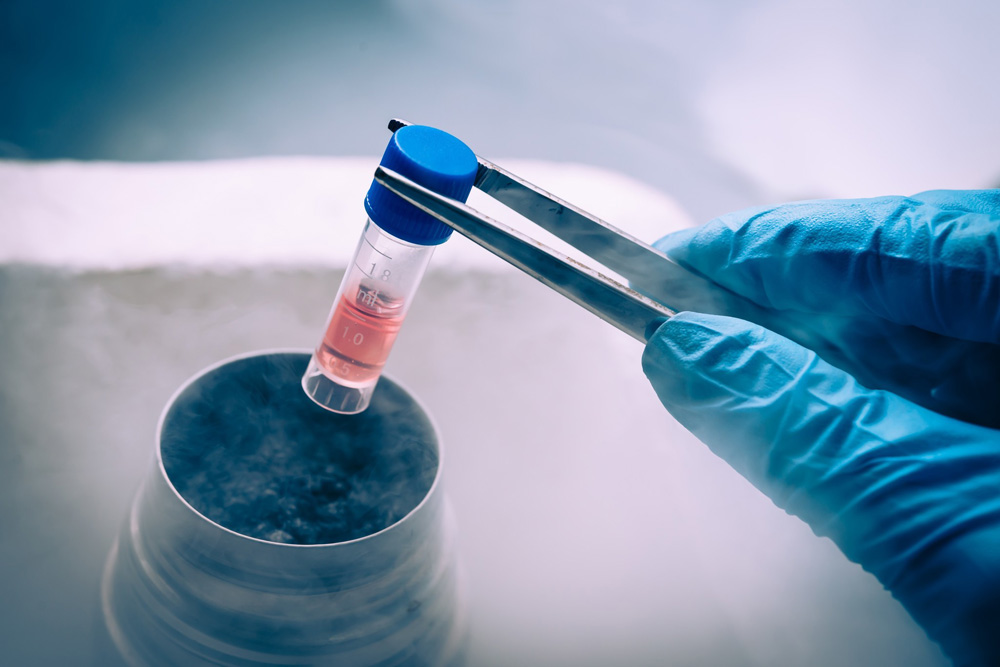
The young Saudi researcher (and soon-to-be “Dr.”) Rita Alonaizan is in the final stages of completing her PhD in Stem Cell Therapy at the University of Oxford.
Her innovate work has recently earned Alonaizan a close second place in competition for the 2018 “Peter Beaconsfield's Prize in Physiological Sciences,” which “rewards young researchers who are capable of escaping from the stereotype of narrow specialization to engage with translational medicine, and display a wider grasp of the significance and potential applicability of their research.”
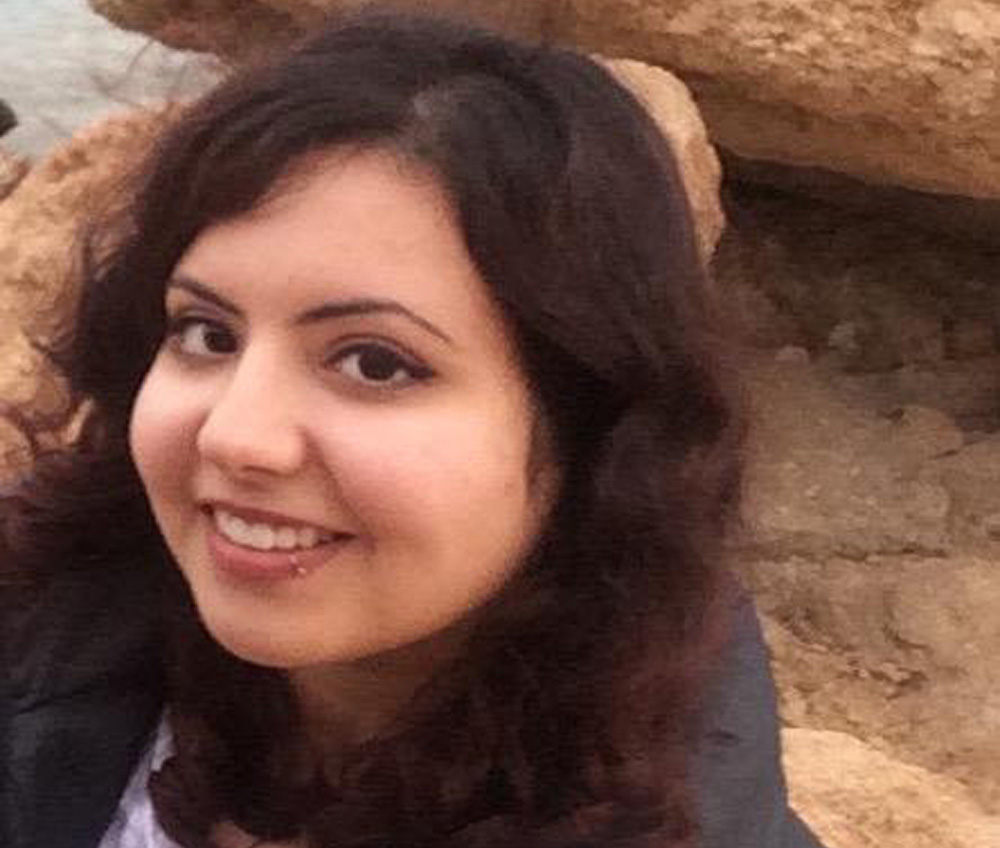
Rita Alonaizan
That’s quite a mouthful, are you impressed? That’s actually just the tip of the iceberg:
Alonaizan worked very hard from an early age and long before she joined the world’s upper echelons of medial research. She began as a trainee at the King Faisal Specialist Hospital and Research Centre in Riyadh where she worked in Reproductive Biology and then in the Stem Cell and Tissue Re-engineering department.
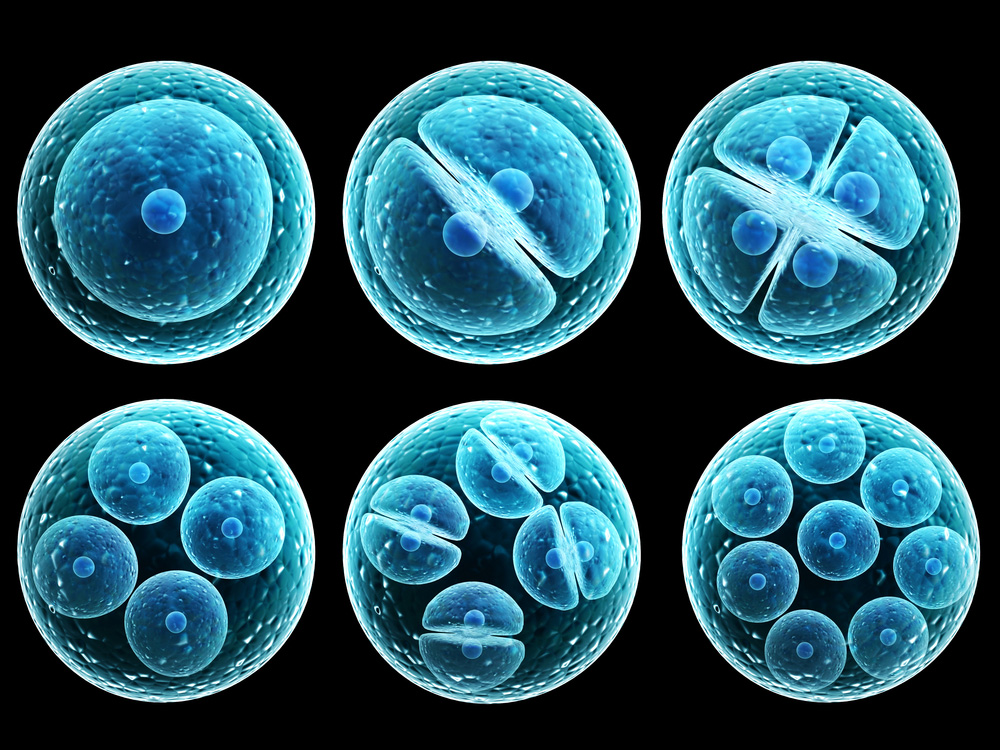
This foundation lead her to take summer courses in Stem Cells and Regenerative Biology at the prestigious Harvard University in the USA and then obtained a BSc in Biomedical Sciences, Developmental Biology from the University of London, where she graduated with first-class honors. Her master’s degree in Clinical Embryology was completed at the University of Oxford. And now Rita Alonaizan is at the top of not only her game, but she’s also at the forefront of medial research that could save countless lives.

In short: Alonaizan’s research focuses on the treatment of heart disease using stem cells. She is part of the so-called Carr Group that is lead by Dr. Carolyn Carr, an Associate Professor of Biomedical Science at the University of Oxford. The small group consists of Alonaizan, Dr. Carr and one masters student and together they focus on “Optimizing cardiac stem cell therapy by finding the best conditions for the cells in the lab and in the heart.”
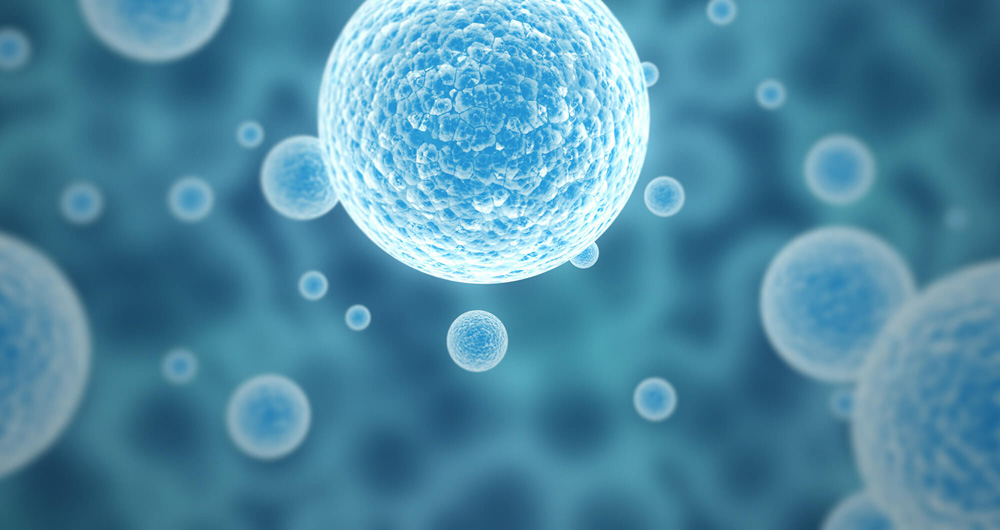
According to Alonaizan, the current treatments available for heart patients merely relieve symptoms and do not compensate for muscle loss, which is a grave consequence of having suffered through a heart attack. Stem cell therapy has proven to be a promising alternative because these cells actually replace the dead tissue in the heart by transforming into new heart muscle cells.
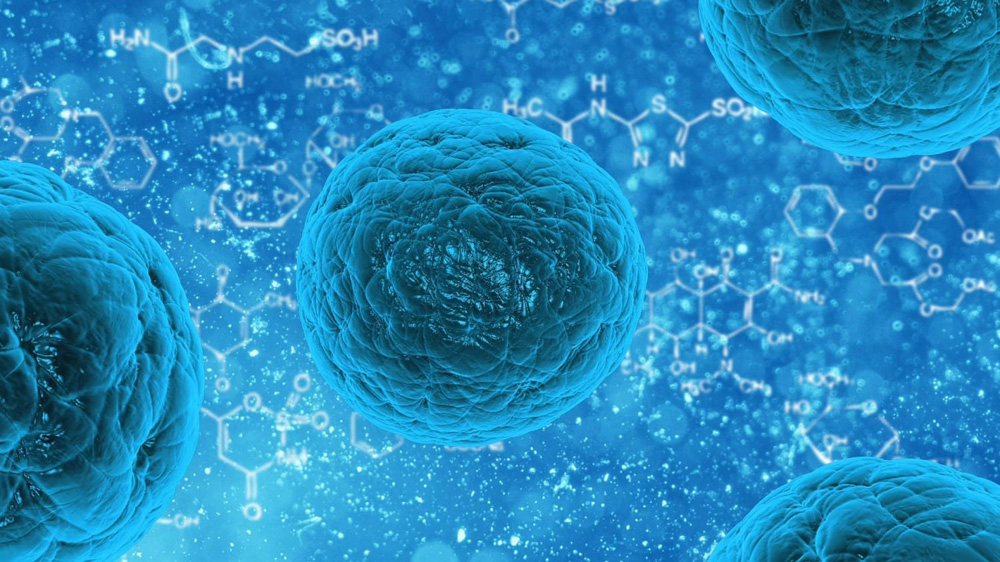
There is, however, much more work to be done. Alonaizan pointed out that there are also certain obstacles in stem cell treatment, one being that not all cultivated stem cells can be used because they simply don’t live long enough or don’t take to the tissue they are meant to replace and this of course limits the benefits of the wondrous treatment.
In the projects related to her doctoral research, Alonaizan aims to increase the stem cells’ resistance once they have been implanted in the affected areas of the heart because, according to Alonaizan, the greater the regeneration of the weakened or even dead heart tissue, the stronger the heart gets and hence the more blood it can pump, leading to a near-full recovery for the patient.
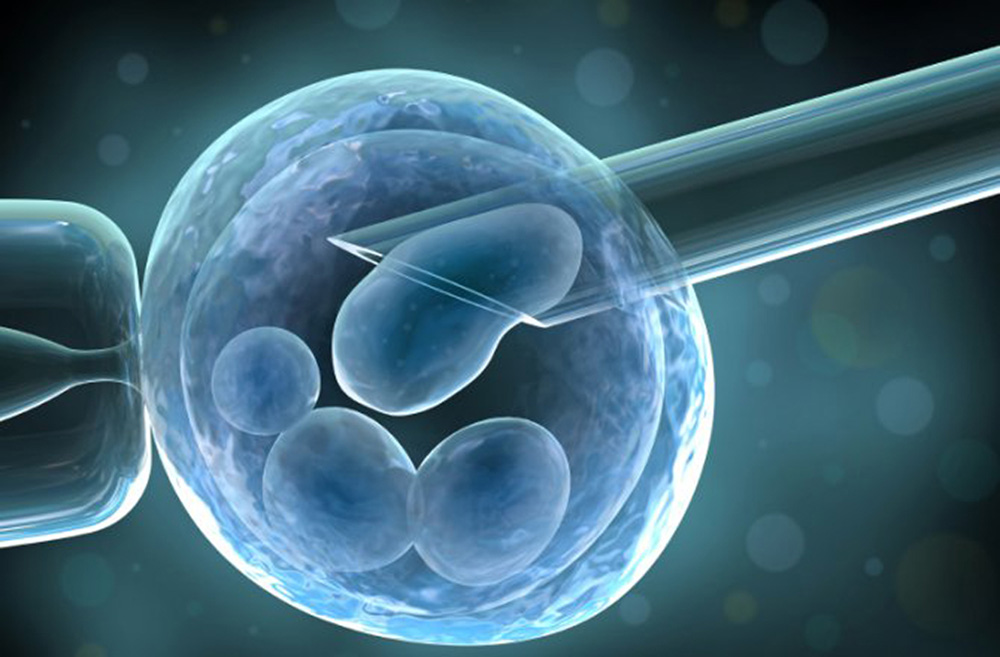
The researched done by Alonaizan and her team will help prevent heart failure in patients who survived heart attacks, which is to this day is a major threat to their long-term survival. Once this research succeeds, it will be a major, international breakthrough in medicine and one that Rita Alonaizan – the young Saudi researcher who began her career in medicine in Riyadh at the King Faisal Specialist Hospital and Research Centre – can be extremely proud of!

